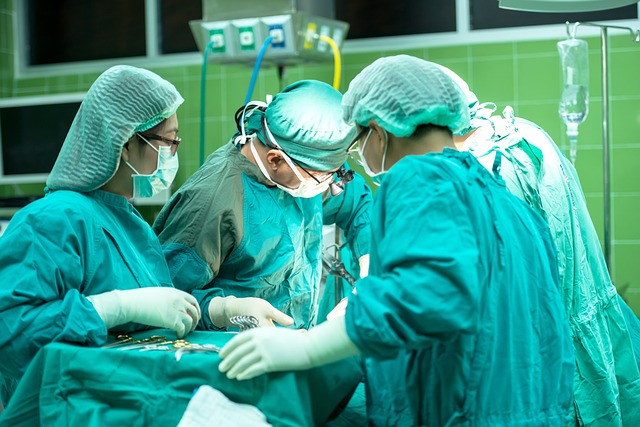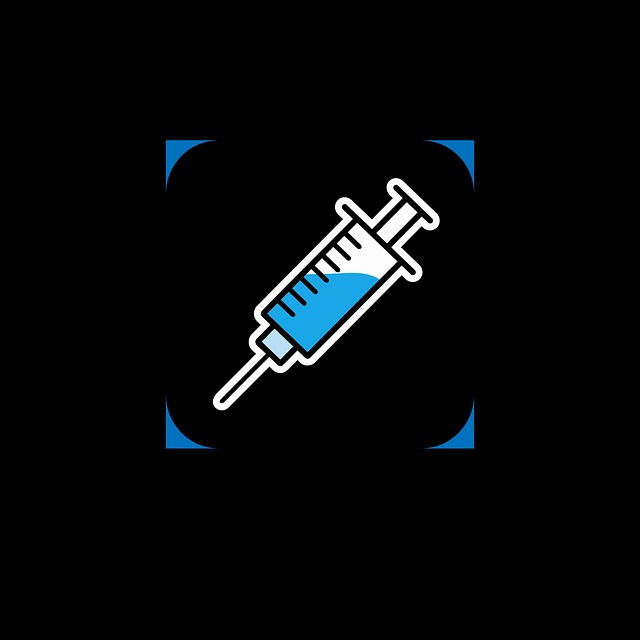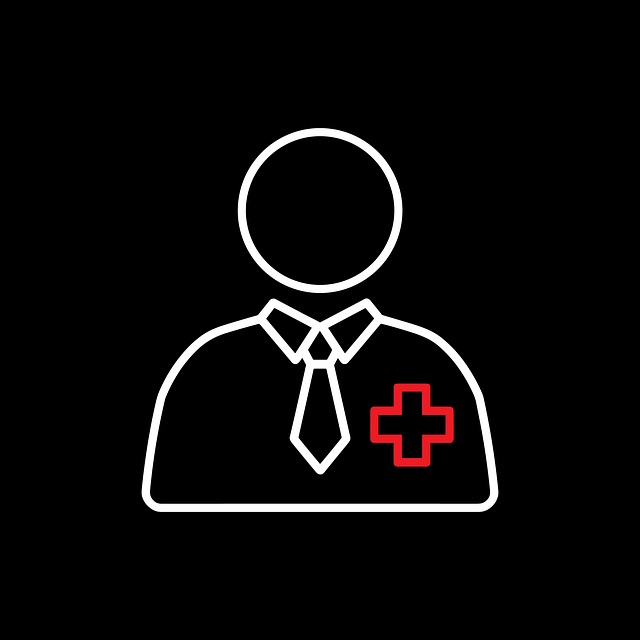Post-operative monitoring is a critical process for safe and effective rehabilitation, focusing on patients' physical and emotional well-being after surgery. It involves tracking vital signs, managing pain, and evaluating daily functioning to personalize rehabilitation plans. Rehabilitation and recovery are accelerated by regenerative support, advanced therapies, and personalized treatment plans. Advanced technologies like wearable sensors and imaging techniques enable precise, data-driven care. A comprehensive support system, integrating healthcare professionals, family, and technology, ensures optimal results by addressing physical and mental needs during the healing process.
In the world of medicine, professional post-op monitoring and regenerative support are vital elements ensuring safe and effective rehabilitation and recovery. This comprehensive guide delves into the critical role these aspects play in patient care. We explore key areas such as understanding intensive post-operative surveillance, harnessing regenerative therapies to accelerate healing, creating personalized treatment plans, and leveraging advanced technologies for optimal surgical outcomes. By focusing on these strategies, healthcare professionals build a robust support system, fostering not just recovery but also enhanced quality of life for patients.
- Understanding Post-Op Monitoring: The Cornerstone of Safe Rehabilitation
- The Role of Regenerative Support in Accelerating Recovery
- Customized Care Plans: Tailoring Treatment to Individual Needs
- Advanced Technologies Enhancing Post-Surgery Healing
- Building a Comprehensive Support System for Optimal Results
Understanding Post-Op Monitoring: The Cornerstone of Safe Rehabilitation

Post-op monitoring is a critical process that serves as the cornerstone for a safe and successful rehabilitation journey. It involves close observation and assessment of patients’ physical and emotional states following surgery, aiming to identify potential complications or setbacks early on. This proactive approach ensures that any issues are promptly addressed, promoting optimal healing and enhancing overall recovery outcomes.
During this period, healthcare professionals closely track vital signs, monitor pain levels, and assess the patient’s ability to perform daily tasks. This comprehensive evaluation enables them to tailor rehabilitation plans, offering necessary support and guidance for a smooth transition from surgery to full recovery. Effective post-op monitoring is key to empowering patients to embrace their road to rehabilitation with confidence and resilience.
The Role of Regenerative Support in Accelerating Recovery

Regenerative support plays a pivotal role in accelerating post-operative recovery, enhancing overall rehabilitation and reducing recovery time. This approach goes beyond traditional care by focusing on the body’s natural healing mechanisms. Through targeted interventions such as advanced therapies and personalized treatments, regenerative support stimulates tissue regeneration, reduces inflammation, and promotes the formation of new, healthy cells.
By integrating these cutting-edge techniques into post-op monitoring, patients can experience faster pain relief, improved function, and enhanced overall well-being. This proactive approach not only shortens hospital stays but also sets the stage for a smoother transition back to daily activities, emphasizing the importance of regenerative support as a key driver in optimizing rehabilitation and recovery outcomes.
Customized Care Plans: Tailoring Treatment to Individual Needs

In the realm of professional post-op monitoring, one of the key aspects that sets apart exceptional care is the customization of treatment plans. Every patient’s journey towards rehabilitation and recovery is unique, shaped by their specific surgical procedure, overall health, and individual goals. Therefore, healthcare providers must craft personalized care plans that cater to these distinct needs. This tailored approach ensures patients receive targeted support throughout their recovery process.
By evaluating each patient as a whole, professionals can design regenerative strategies that go beyond generic protocols. Customized care allows for the integration of advanced therapies, physical and occupational therapy, and dietary recommendations, all optimized for rapid and efficient rehabilitation. Such individualized attention not only accelerates healing but also enhances patient satisfaction and outcomes, setting the stage for a successful transition from surgery to full recovery.
Advanced Technologies Enhancing Post-Surgery Healing

Advanced technologies are revolutionizing post-op monitoring and regenerative support, significantly enhancing rehabilitation and recovery processes. From wearable sensors that track vital signs and activity levels to innovative imaging techniques like 3D scanning and MRI, these tools provide detailed insights into a patient’s healing journey. This data allows medical professionals to tailor treatment plans, optimize therapy protocols, and intervene early if complications arise.
Additionally, regenerative medicine approaches, such as cell-based therapies and advanced wound care products, offer promising avenues for accelerating tissue repair and improving clinical outcomes. These technologies complement traditional surgical techniques by fostering a more efficient and effective rehabilitation process, ultimately contributing to better patient satisfaction and long-term health outcomes.
Building a Comprehensive Support System for Optimal Results

In the pursuit of optimal results post-surgery, constructing a robust support system is paramount to facilitate effective rehabilitation and recovery. This involves integrating various specialized services tailored to address the multifaceted needs of patients during their journey towards healing. A comprehensive approach ensures that every aspect, from physical therapy to psychological well-being, receives meticulous attention. By fostering collaboration among healthcare professionals, family members, and sometimes even technology, this system creates a supportive network that propels individuals toward successful recovery.
The heart of this strategy lies in personalized care plans that acknowledge the unique challenges and goals of each patient. Regular monitoring and adjustments to these plans enable continuous improvement, ensuring patients stay on track during their rehabilitation and recovery processes. This holistic perspective not only accelerates physical healing but also cultivates mental resilience, recognizing that psychological support is as vital as any medical intervention for optimal post-operative outcomes.
Professional post-op monitoring and regenerative support are integral to enhancing rehabilitation and recovery. By combining tailored care plans with advanced technologies, healthcare providers can offer comprehensive solutions that cater to individual needs. This holistic approach ensures optimal results, revolutionizing the way we address post-surgery healing and fostering a more efficient path to full recovery.
